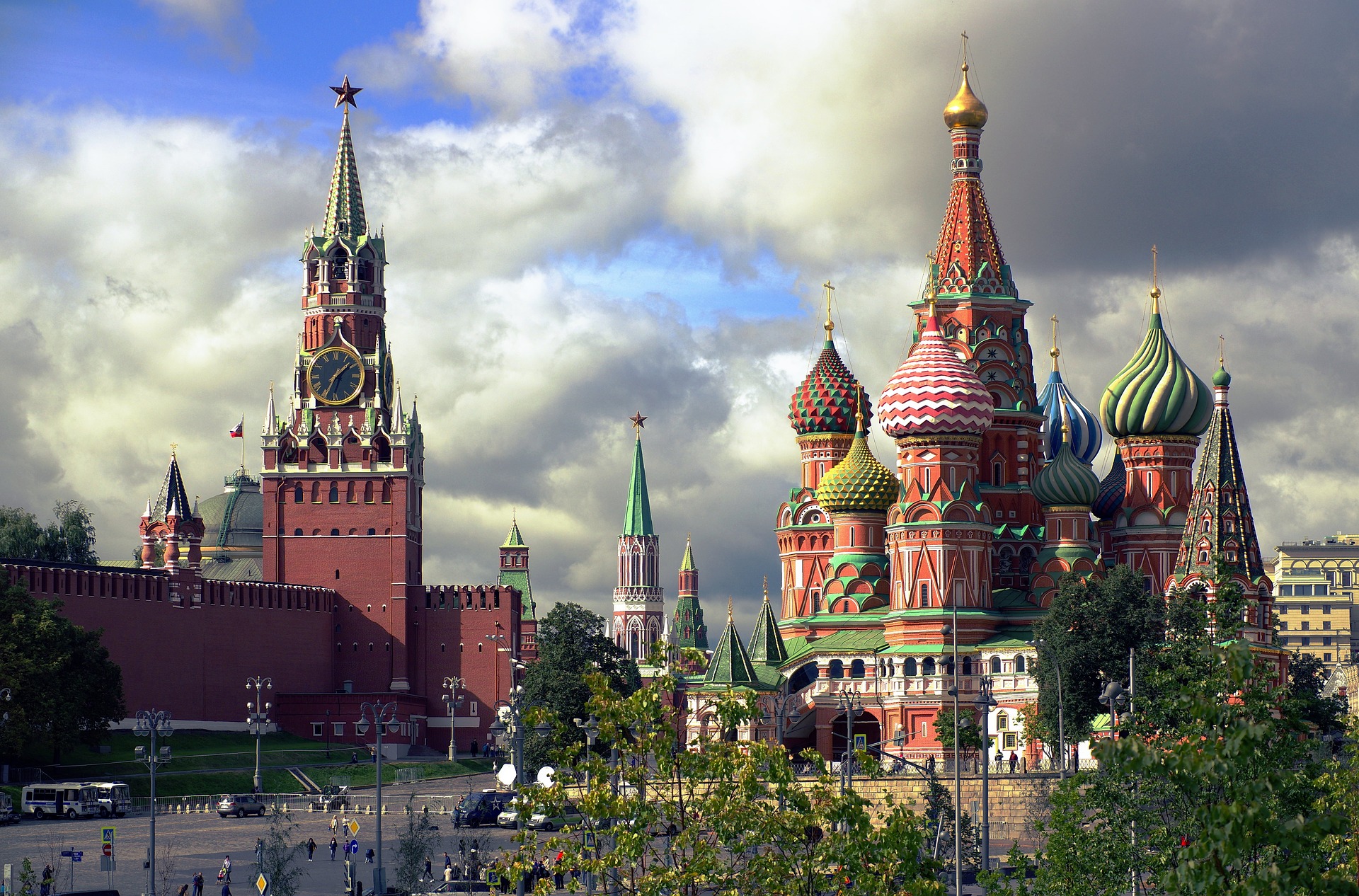Still no fines as a result of 2022 Russian sanctions breaches

No fines for sanctions breaches have been levied as a result of the 2022 sanctions against Russia since its full-scale invasion of Ukraine, correspondence from the Foreign, Commonwealth and Development Office (FCDO) reveals.
Letter from Minister Trevelyan relating to Russian sanctions, dated 28/03/2024
Read the report [HTML]
Download the report [PDF 525B]
Evidence Session: The situation in Ukraine and the UK’s response
Inquiry: Responding to illicit and emerging finance
Foreign Affairs Committee
Minister of State at the FCDO, Anne-Marie Trevelyan, writes that she expects Government investigations into potential breaches of the UK’s financial sanctions, imposed on Russian individuals and organisations since the invasion, to come to fruition in 2024, possibly resulting in further monetary penalties.
Today’s letter suggests that none of the 10 monetary penalties imposed to date by the Office of Financial Sanctions Implementation (OFSI) since 2017 for non-compliance with the UK’s sanctions regime, totalling £22 million, relate to sanctions designations made since Russia’s full-scale invasion of Ukraine in 2022. More than £20 million of this amount appears to relate to a penalty against a single bank in 2020.
The letter discusses allowances for sanctioned individuals from their frozen funds, saying that OFSI believes the net UK median wage of £28,000 – before tax – should normally fulfil individuals’ “basic needs”. It also says that licences for such individual allowances do not enable a designated person to continue the lifestyle or business activities they had before they were designated, and that high-net-worth individuals should not expect licences to allow continuation of their previous lifestyle.
However, it is unclear from the letter how many licences OFSI has granted to sanctioned Russian oligarchs that provide them with allowances exceeding the UK median wage after tax.
This correspondence follows an evidence session held on 12 March on the UK’s sanctions regime against Russia and the abduction of Ukrainian children.
The Committee published a report in 2022 “The Cost of Complacency: illicit finance and the war in Ukraine” calling on the Government to tackle illicit finance flowing through the UK.
Chair’s Comment
Chair of the Foreign Affairs Committee, Alicia Kearns MP, said:
“For too long the UK has been complacent, allowing wealthy Russians to wash their dirty money in the laundromat of London. Russia’s renewed invasion of Ukraine must be a wake-up call for the West. Clamping down on the illicit funds of high-net-worth Russians is an opportunity to deal a heavy blow to those who support Putin’s war machine.
“To be effective, sanctions must be swift and taken in lockstep with our allies. The seizure of Russian central bank assets could be used to pay for the reconstruction and defence of Ukraine, but we would need to coordinate with G20 nations. No stone should be left unturned in the UK’s support of Ukraine.
“Since Russia’s full-scale invasion of Ukraine in February 2022, the number of asset freezes under UK sanctions has grown significantly. If this is not soon reflected in the number of enforcement actions, we will have to ask difficult questions about the efficacy of OFSI’s enforcement capacity. Investigations into non-compliance are complex but must be prioritised and undertaken at pace; we need to send a clear message that illicit finance has no home in the UK.
“While this letter states the OFSI’s understanding of ‘basic needs’ is the UK median wage of £28,000 per annum, it has been reported that some wealthy Russians under investigation had access to as much as £60,000 a month as recently as 2022. It isn’t enough to say that privacy concerns prevent the FCDO and Treasury from providing this information, when these figures could be anonymised.”
